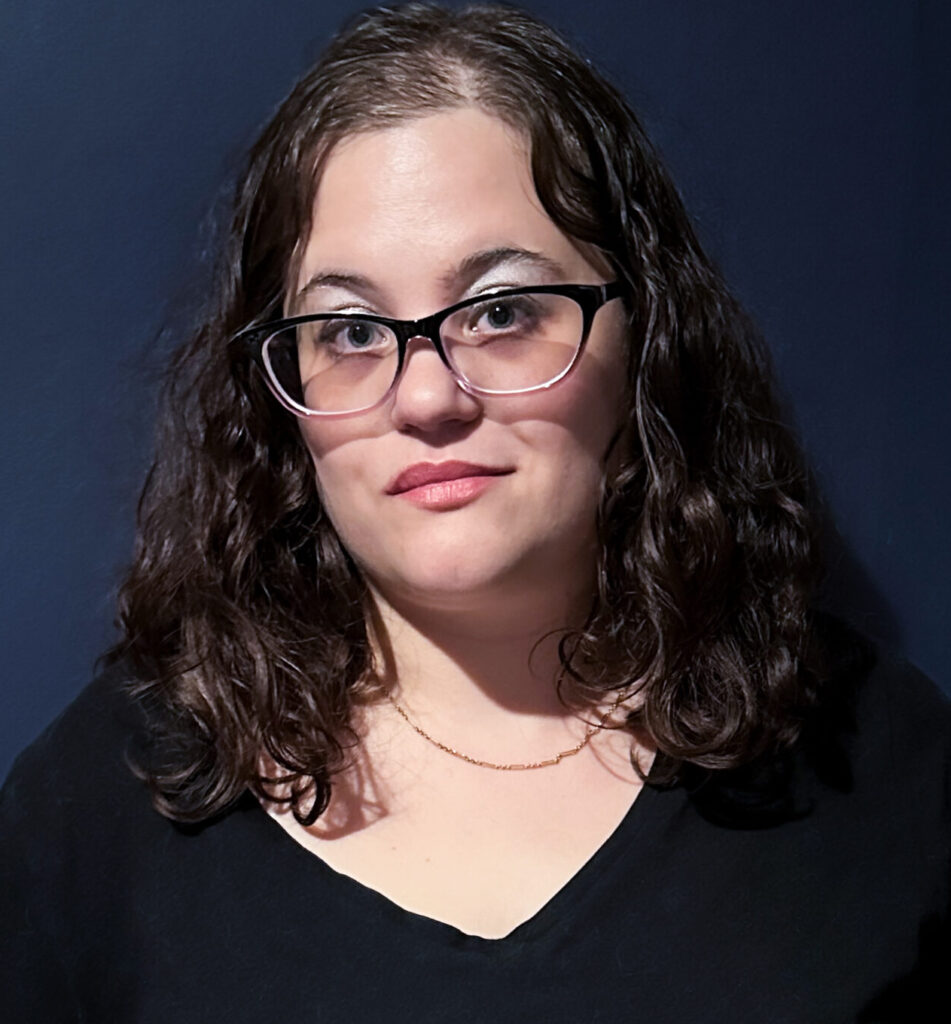
When I first wrote Full of Sound and Fury I used the very words of this article in the book. I said that, “Misophonia is not a life sentence” and I will admit that I was a bit skeptical. I wanted to hope those words into existence and believe that misophonia wasn’t going to take everything away from me. And, in fact, it didn’t.
It can be very easy to worry about our futures (or the future of your child or loved one with misophonia) but like other disabilities or neurological conditions, life is still meaningful for sufferers of misophonia. Once a balance has been achieved, life goes on and while it might not be easy, we all have our challenges to be met.
I have a loving partner who supports me and accommodates my misophonia. When I go out in public I have ear plugs and my Bose headphones to ensure that I’m able to block noises if necessary. I will admit the visual triggers are harder to avoid, but with my stress levels lower (I’ve been treated for OCD, Depression, Anxiety), I am able to manage these symptoms. It was important for me to recognize symptoms that were not misophonia and get treatment for what I could. Lowering stress and over-all threat-levels is very important for long term management of misophonia.
Dr. Brout’s manual Regulate Reason Reassure is a great starting point for parents or clinicians who are interested in misophonia coping skills. Accepting misophonia can be hard, but it’s an important part of moving forward and conquering misophonia as best we can before there is an available treatment.
While I feel I’m ranting slightly, my point is that with life adjustments (it’s okay to skip restaurant meals and not go to events that are super busy), we are able to enjoy our lives and have meaningful and engaging moments.
For example, I work from home so that I am able to better control my environment. While I know this isn’t possible for everyone, it can be very helpful in the long term to be able to avoid the hustle and bustle of the day. I know that I personally cannot work in an office, and I wouldn’t be able to survive very long on a 9-5 lifestyle.
As I learn my boundaries and come up with solutions (sleeping in separate beds, having headphones, listening to music at dinner), I become more adapted to my environment and then can cope easier with other scenarios because I’m not as on edge all the time.
As somebody who has struggled with Misophonia for years, I can honestly say that it’s not a life sentence, but a life adjustment.
If you are looking for misophonia coping skills, you can go here to see coaching (worldwide) and here to see therapy (Canada) options with Shaylynn Hayes-Raymond. Shaylynn also offers both live and on-demand webinars for misophonia.







